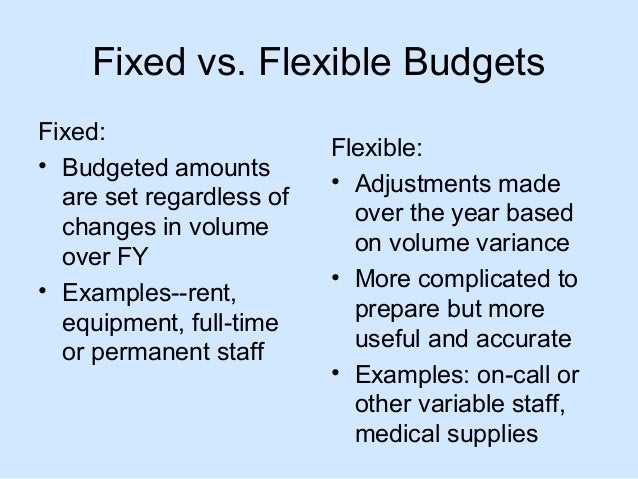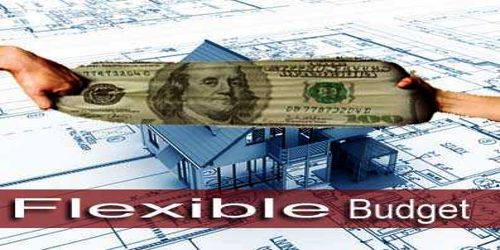

Keeping your expenses down is one of the critical factors in the quest for financial independence. But when you do – make sure you keep the 50/30/20 rule in mind. You could also save on groceries and dining out by planning meals, using coupons, or switching from name brands to generic.Įveryone deserves to splurge from time to time. For example, cutting back or cutting out things like dinners or new clothes are simple ways to save. If you want to save money on variable expenses, it may require some lifestyle adjustments. It is typically easier to find opportunities to save money, but you need to think about this spending every day. The upside of having variable expenses in your budget is that you have more control over them than you do with fixed payments. More manageable fixed expenses that you can reduce can be had by changing cell phone plans, canceling extra cable channels, shopping for less expensive insurance, or refinancing your home for a lower mortgage interest rate. However, the negative is that reductions can be more brutal to come by and might require a change in the home you rent or own and the car you drive. Reviewing your fixed expenses will significantly impact how much you can save each month because they make up most of your spending. Savings should take up 20% of your income.Variable costs that can change from month to month, such as entertainment, groceries, and clothing, should take up 30% of your income.Fixed costs that stay the same month after month, such as your rent or mortgage, car payment, and cable bill, should take up 50% of your income.If you could use more breathing room in your budget, you should review your fixes and variable expenses, keeping the 50/30/20 rule in mind. Variable Expenses: Considerations for Your Budget When Bankrate asked their survey participants why they missed the mark, the top reason given was expenses. Just 16 percent of those surveyed report socking away more than 15% of their income.

According to Bankrate, one in five American adults do not save at all. If you are like most people, you struggle to save for short-term and long-term goals. These dollars can be stashed into an emergency fund, invested in retirement, or used to kickstart your down payment savings for your first home. You might not have ever thought about savings as a monthly expense, but you should! Your goal should be to saving 20% of your income for the future. In addition, variable expenses are generally much easier to lower than fixed expenses like your housing. The positive about many of your variable expenses is that you usually have a little more control over them, and you can drop many of them if you really needed to. That being said, variable costs that can change from month to month should take up no more than 30% of your income. Sporadic and ongoing variable costs can make budgeting very difficult because you never really know how much you need for this part of your monthly spending. For example, gas, parking fees, groceries, and personal care expenses in any given month could be different from previous payments or ones you’ll make in the future. However, some variable costs happen every month. Think of that plane ticket you just booked to see your family in California. Many variable expenses happen sporadically only a few times a year. Examples of Fixed Expenses:Ĭlassic examples of variable expenses are clothing, vacations, entertainment, eating out, gifts, facials, and home goods. Fixed costs should take up no more than 50% of your income to make sure that you have enough breathing room in your cashflow. Therefore, it is essential to make sure that your fixed expenses are as low as possible, allowing you ample funds for variable costs that are often harder to control and savings. These fixed expenses occur repeatedly and typically can’t be dropped with a moment’s notice, should your financial situation change. We typically do not pay much attention to these costs, but most of our budget goes towards funding them. Other bills that fall under this category include health insurance, life insurance, and essential utilities.

What Are Fixed Expenses?įixed expenses are all reoccurring expenses – from rent or mortgage bills to car payments as well as tuition or childcare expenses for your children. So let’s break them down and look at what fixed, and variable expenses are – and aren’t. They affect your financial future to a much greater extent than you may think. Perusing the annual report of a company that I am invested in, I got to thinking about how these two words are so much more than just accounting jargon.


 0 kommentar(er)
0 kommentar(er)
